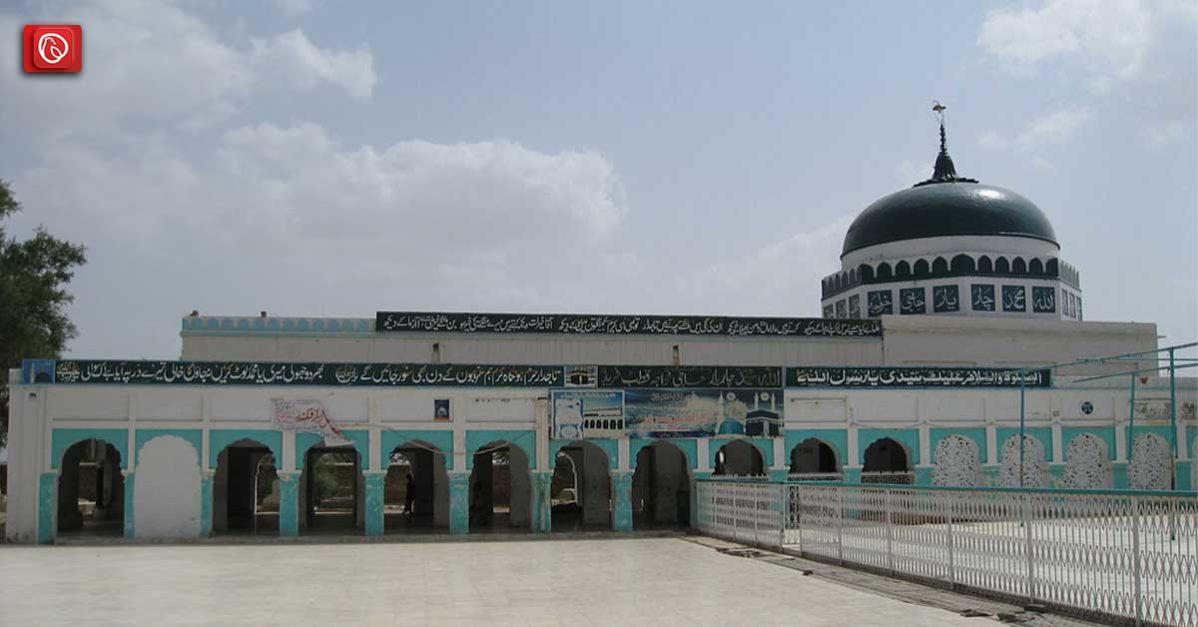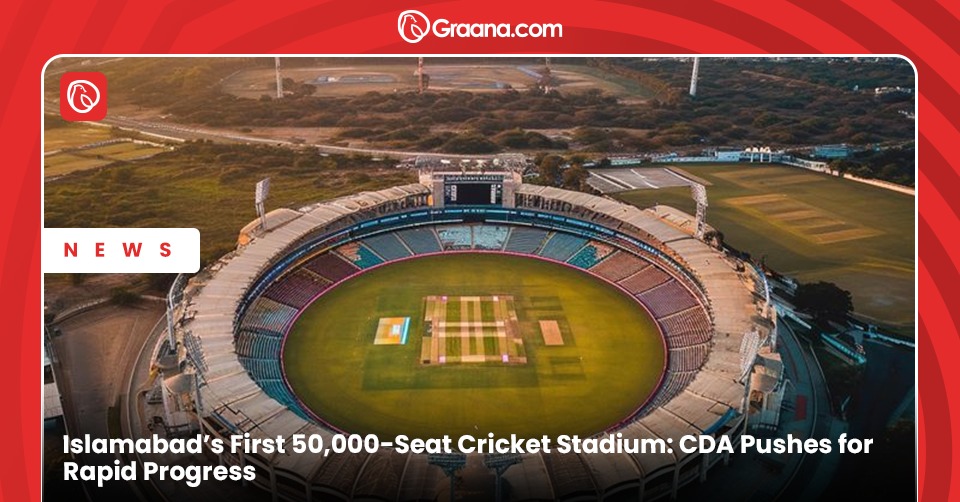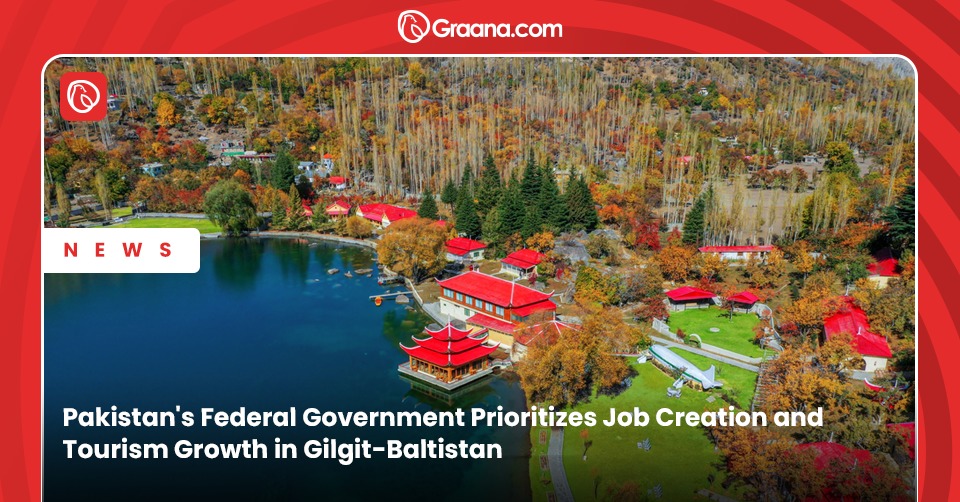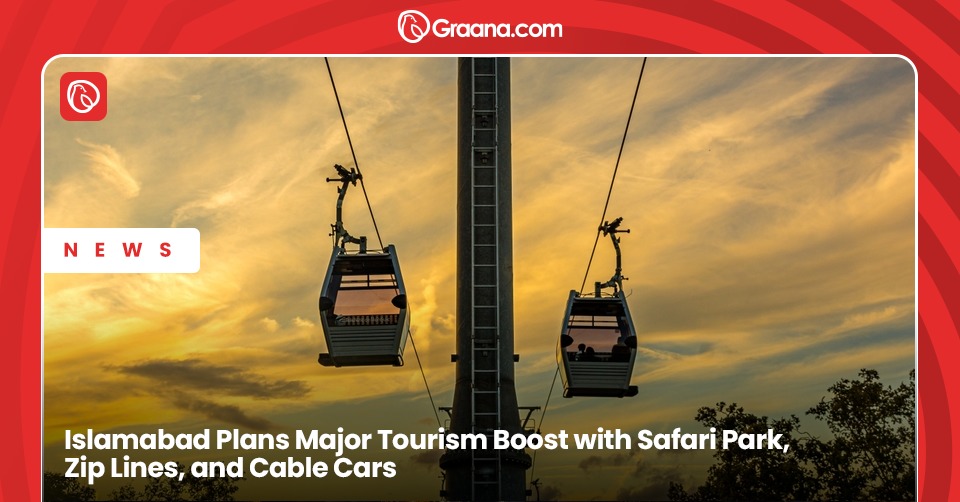Within the Bahawalnagar district lies the 59th most populated city of Pakistan, Chishtian. The city is a beehive for religious and spiritual enthusiats. If you’re looking to experience the true spirit of Southeastern Punjab, this city is the place to start.
This comprehensive blog by graana.com delves into the essence of this place, exploring:
- Its Location, Geography, and Accessibility
- Demographics
- Social Infrastructure
- Notable Attractions
- Chishtian Weather
- Postal Codes
- Historical Signifcance
Location, Geography and Accessiblity
Here are the details related to location and accessibility of this city.
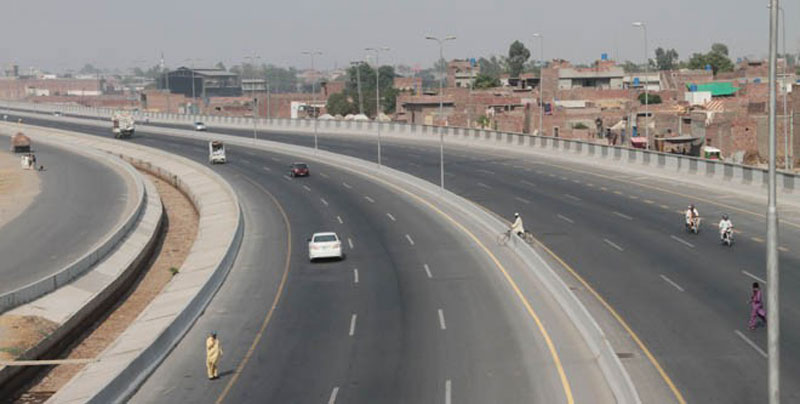
Location and Geography
To put it simply, Chishtian is situated in Bahawalnagar District, Punjab Province, Pakistan. However, here is an in depth version of the location of this city.
- Eastern Punjab, Pakistan: the city is situated in the eastern region of Punjab Province, Pakistan. This eastern portion of Punjab borders the province of Sindh to the south.
- Bahawalnagar District: Within Punjab, this place falls specifically within this district. Bahawalnagar itself is a major city and the capital of the district.
- Indus River Valley: Looking at a larger geographical scale, Chishtian is part of the vast Indus River Valley. This valley stretches across much of Pakistan and is known for its fertile lands.
Accessibility of Chishtian City
Reaching this place involves navigating through the busy plains of Punjab province. Here’s a breakdown of your travel options:
By Road
Chishtian contains good road connectivity. For drivers, several routes lead to the city, depending on your starting point:
- From Lahore: Take the Lahore-Islamabad Motorway (M-2) and exit towards Multan Road (NH-5). Continue on NH-5 until the Bahawalnagar Bypass, then follow signs for this city.
- From Karachi: This journey involves a longer drive. Options include taking the M-9 motorway or National Highway 5 (NH-5) via Sukkur and Bahawalpur. Consider using a navigation app or seeking local guidance for the most efficient route
By Train
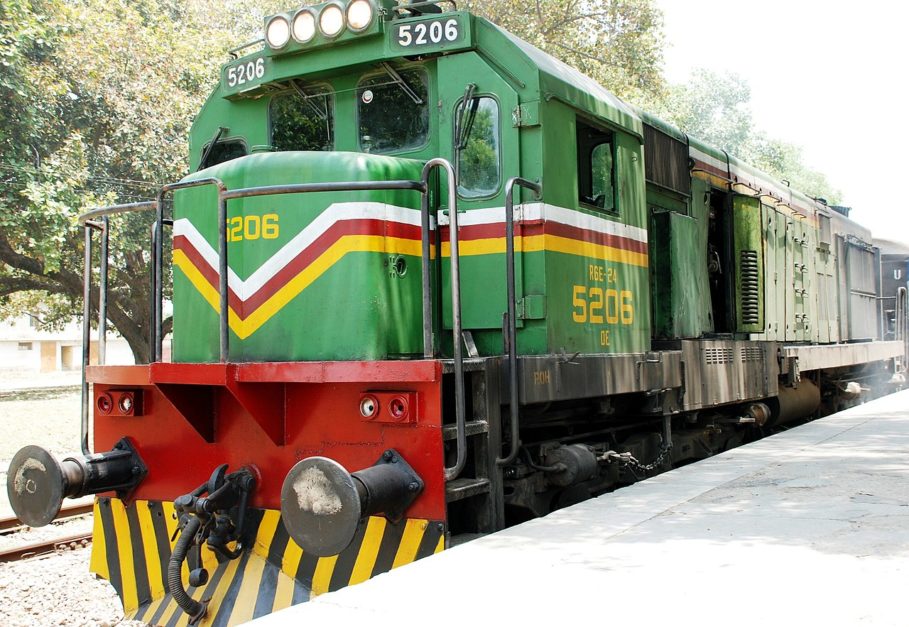
Chishtian has its own railway station, making it a convenient option for travelers. The station is connected to major cities like Lahore, Karachi, and Multan. You can check the Pakistan Railways website pakrail.gov.pk/ for train schedules and ticket booking.
By Air
Currently, there’s no domestic airport in Chishtian. However, you can fly to Multan International Airport (MUX) and then take a taxi or bus to reach your destination. Explore flight options through travel websites or airline websites.
Road conditions and travel times can vary depending on the season and traffic. While this information provides a general overview, consulting a navigation app or local transportation authorities for real-time updates is highly recommended.
How Far is Chishtian?
- Distance from Chishtian to Multan: The approximate distance between these two cities is 141 kilometres (87 miles). This distance can be travelled by car, bus, or train.
- Distance from Chishtian to Lahore: Lahore is further away from Chishtian compared to Multan. The approximate distance between these two cities is 551 kilometres (342 miles). This is a longer journey and will take more time to travel.
Demographics of Chishtian
Here is a demographic overview of this city
| Category | Description |
| Province | Punjab |
| District | Bahawalnagar |
| Population (2023) | 243,541 (city estimate) |
| Religion | Islam |
| Languages | Punjabi, Urdu (primary), Saraiki (spoken) |
A Glimpse into Modern History (20th Century)
Chishtian’s modern history is intertwined with the development of Bahawalnagar district. The city witnessed significant growth in the 20th century, particularly after the construction of irrigation canals, which spurred agricultural activity.
The establishment of educational institutions and healthcare facilities further propelled this city’s progress. Despite challenges, this place continues to evolve, embracing modernisation while preserving its rich heritage.
Why Chishtian is Famous?
Chishtian’s fame stems from a beautiful blend of historical significance and modern development. Here’s a closer look at what makes it stand out:
Sufi Legacy
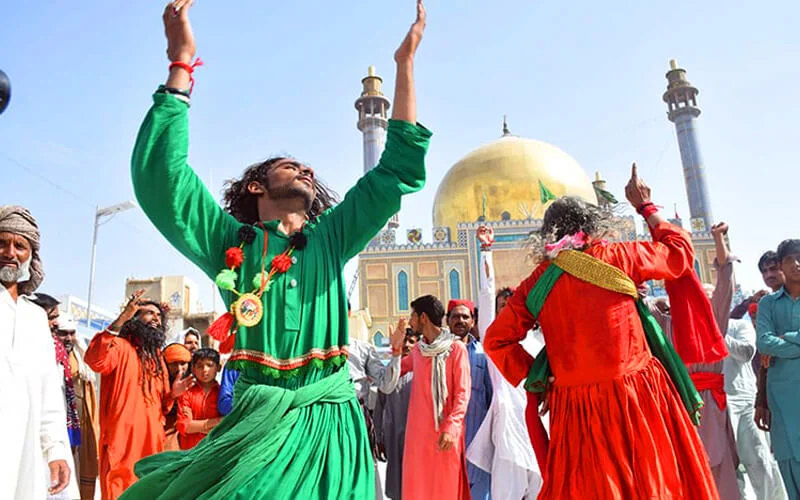
Chishtian is renowned as the resting place of Hazrat Taj ud-Din Chishti, a revered Sufi saint. His shrine attracts pilgrims seeking spiritual solace, making Chishtian an important centre for Sufi tradition.
Historical Significance
Founded by the Sufi saint himself, Chishtian boasts a rich history. The city’s development is intertwined with the growth of Bahawalnagar district. Visitors can delve into this past through historical sites and landmarks.
Educational Hub
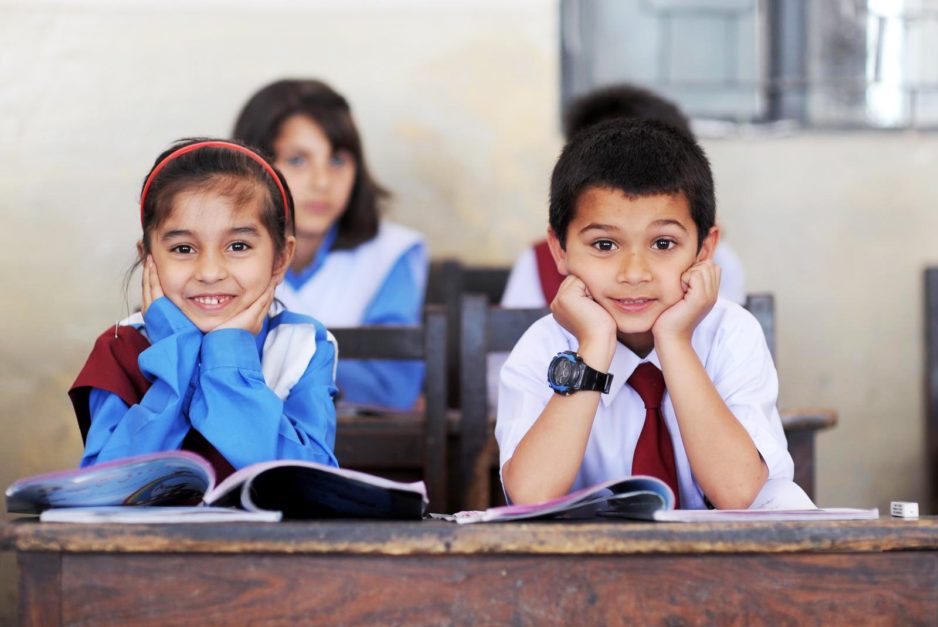
Chishtian is emerging as a centre for education. The presence of esteemed institutions like Government Girls Post Graduate College and Bahauddin Zakariya University’s satellite campus provides diverse educational opportunities for the youth.
Modern Transformation
While cherishing its heritage, this place embraces modernization. The city features well-equipped hospitals, expansive parks like Nawaz Sharif Park and Gulistan Safari Park, and a vibrant sporting scene. This blend of tradition and progress is a distinctive aspect of Chishtian.
Places to Visit in Chishtian
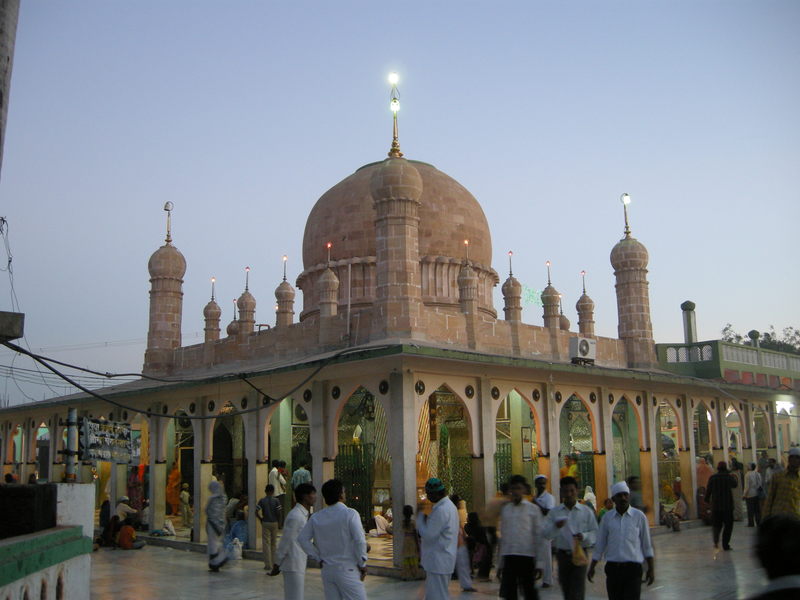
- Shrine of Hazrat Taj ud-Din Chishti: A revered pilgrimage site for Muslims, the shrine is a beautiful testament to Islamic architecture and Sufi tradition.
- Nawaz Sharif Park: A sprawling public park offering a haven of greenery and recreation for families and friends.
- Gulistan Safari Park: Home to a diverse collection of animals, this park provides a unique opportunity to observe wildlife.
- Municipal Stadium: A hub for local sporting events, the stadium offers a glimpse into Chishtian’s vibrant sporting culture.
- Jamia Masjid (Central Mosque): A grand mosque showcasing Islamic architectural elements, it is a place of worship and cultural significance.
Chishtian Postal Code
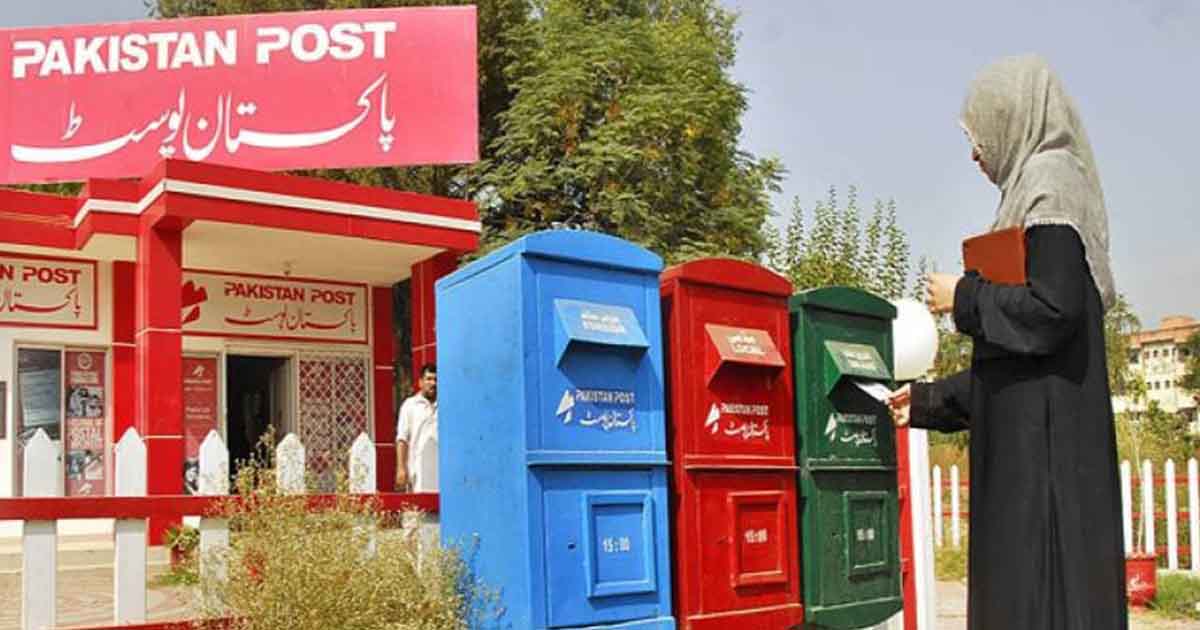
Here are some important postal codes of the city
| Area | Postal Code |
| Central Chishtian | 60000 |
| Tajpura | 60010 |
| Baldia Colony | 60020 |
| Nasirabad | 60030 |
| Zameendara Colony | 60040 |
| Bata Colony | 60050 |
Social Infrastructure of Chishtian
Chishtian’s social infrastructure is undergoing development to keep pace with its growing population. Educational facilities are a priority, with a rapid increase in schools crucial for nurturing young minds. Improved access to quality education empowers future generations. Healthcare is another vital aspect.
The rapid growth of hospitals ensures residents receive timely medical attention. These advancements in social infrastructure contribute to a healthier, more educated Chishtian community, fostering a brighter future for all.
Institutions of Learning
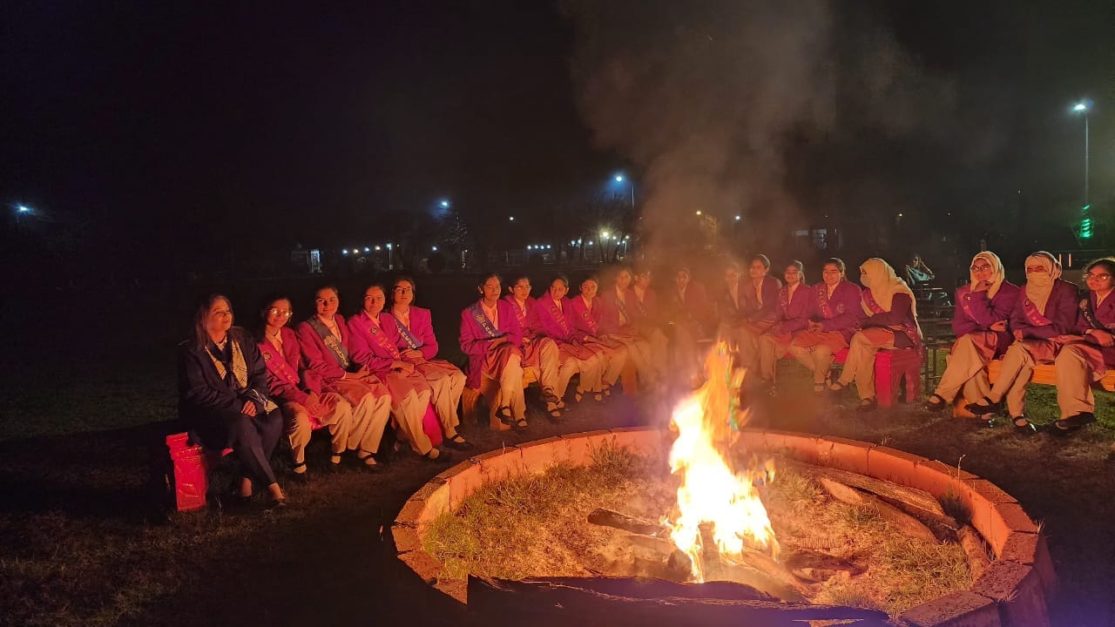
- Government Girls Post Graduate College: Established in 1964, this premier college offers diverse undergraduate and postgraduate programs in arts, sciences, and commerce, empowering women through quality education.
- Bahauddin Zakariya University, Chishtian Campus: A satellite campus of the renowned Bahauddin Zakariya University, it provides access to a range of undergraduate programs in fields like computer science, management sciences, and Islamic studies.
- Government Boys Degree College: Catering to the educational needs of young men, this college offers undergraduate programs in various disciplines, preparing students for higher education and professional careers.
Hospitals and Healthcare

- District Headquarters Hospital (DHQ Hospital): The primary healthcare facility in Chishtian, it provides comprehensive medical services with qualified doctors and modern equipment.
- Tehsil Headquarters (THQ) Hospital: Serving the local community, THQ Hospital offers essential medical care across various departments, including paediatrics, obstetrics, and general surgery.
- Private Hospitals and Clinics: Chishtian boasts a network of private hospitals and clinics, catering to specialised healthcare needs and offering a wider range of services.
Famous Personalities
Chishtian has produced several notable figures who have left their mark on Pakistan’s cultural and social landscape. Among them are:
- Hazrat Taj ud-Din Chishti: A revered Sufi saint who founded the city and is credited with spreading Islam in the region.
- Khawaja Noor Muhammad Maharvi: A prominent Sufi scholar and spiritual guide, born in a village near Chishtian.
- Noorul Haq: A renowned Pakistani artist known for his vibrant and intricate miniature paintings.
Food Delights
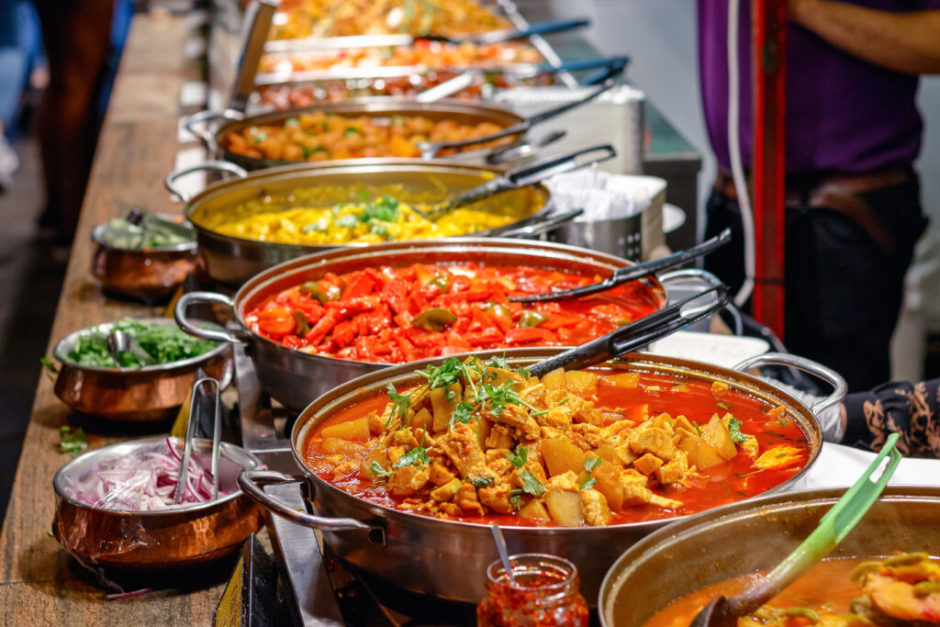
Pakistani cuisine offers a delightful array of dishes you’re likely to encounter in the city. Here’s a glimpse into some culinary delights you might find in Chishtian:
- Samosas: These savoury fried or baked pastries, filled with spiced potatoes and peas, are a ubiquitous street food in Pakistan. Chishtian might have its own unique take on the filling or preparation, but regardless, they’re a delicious and affordable snack.
- Nihari: This slow-cooked stew, often made with beef or mutton, is a hearty and flavourful dish. The meat is simmered for hours with spices, resulting in a melt-in-your-mouth experience.
- Biryani: This fragrant rice dish, layered with meat, vegetables, and spices, is a celebratory food enjoyed across Pakistan. Chishtian might have its own regional twist on the biryani, offering a unique flavour profile.
- Halwa Puri: A popular breakfast option, halwa puri features sweet semolina pudding (halwa) paired with crispy deep-fried flatbread (puri). This combination of sweet and savoury is a delightful way to start the day.
- Lassi: This yogurt-based drink can be enjoyed sweet or savoury (with a touch of salt and cumin). It’s a refreshing and cooling beverage, perfect for the hot Pakistani climate.
These are just a few examples, and the actual culinary scene in Chishtian might offer a wider variety.
Conclusion
Chishtian is an amalgam of history, spirituality, education, and modern development. From the hallowed grounds of the Sufi saint’s shrine to the busy streets, the city offers a captivating experience.
More so, for travellers seeking a glimpse into Pakistani life, this city is a goldmine. Whether you’re drawn to the cultural heritage, delectable cuisine, or educational opportunities, Chishtian has something to offer everyone.
Frequently Asked Questions
Here are some FAQs
What is Chishtian famous for?
Chishtian is renowned for two primary reasons:
- Sufi Legacy: The city is the revered resting place of Hazrat Taj ud-Din Chishti, a Sufi saint. His shrine attracts pilgrims and makes Chishtian a significant centre for Sufi tradition.
- Blend of Tradition and Modernity: While cherishing its historical roots, Chishtian embraces modern developments. The city boasts educational institutions, well-equipped hospitals, expansive parks, and a vibrant sporting scene.
What language do people speak in Chishtian?
The primary languages spoken in Chishtian are Urdu and Punjabi. You might also encounter Saraiki, another regional language spoken in parts of Punjab.
How to reach Chishtian?
Chishtian is well-connected to major Pakistani cities by road and rail. You can reach the city by:
- Road: National highways and provincial roads provide access from cities like Bahawalpur, Multan, and Lahore. Public and private buses operate regularly.
- Train: Chishtian Railway Station offers connections to major cities within Pakistan.
What is the best time to visit Chishtian?
The weather in Chishtian can be quite hot and dry, especially during the summer months (April to June). The most comfortable time to visit would be during the spring (March-April) or autumn (September-November) months.
What are some things to do in Chishtian?
This city offers a variety of experiences:
- Explore Sufi Shrines: Visit the shrine of Hazrat Taj ud-Din Chishti and experience the spiritual significance of the place.
- Immerse in History: Explore historical landmarks and delve into the city’s rich past.
- Enjoy the Outdoors: Relax in expansive parks like Nawaz Sharif Park or Gulistan Safari Park.
- Indulge in Local Cuisine: Savor a variety of Pakistani dishes like samosas, nihari, biryani, and halwa puri.
- Witness Local Culture: Visit the bustling markets and experience the warmth of Pakistani hospitality.
For more details visit Graana blog.
